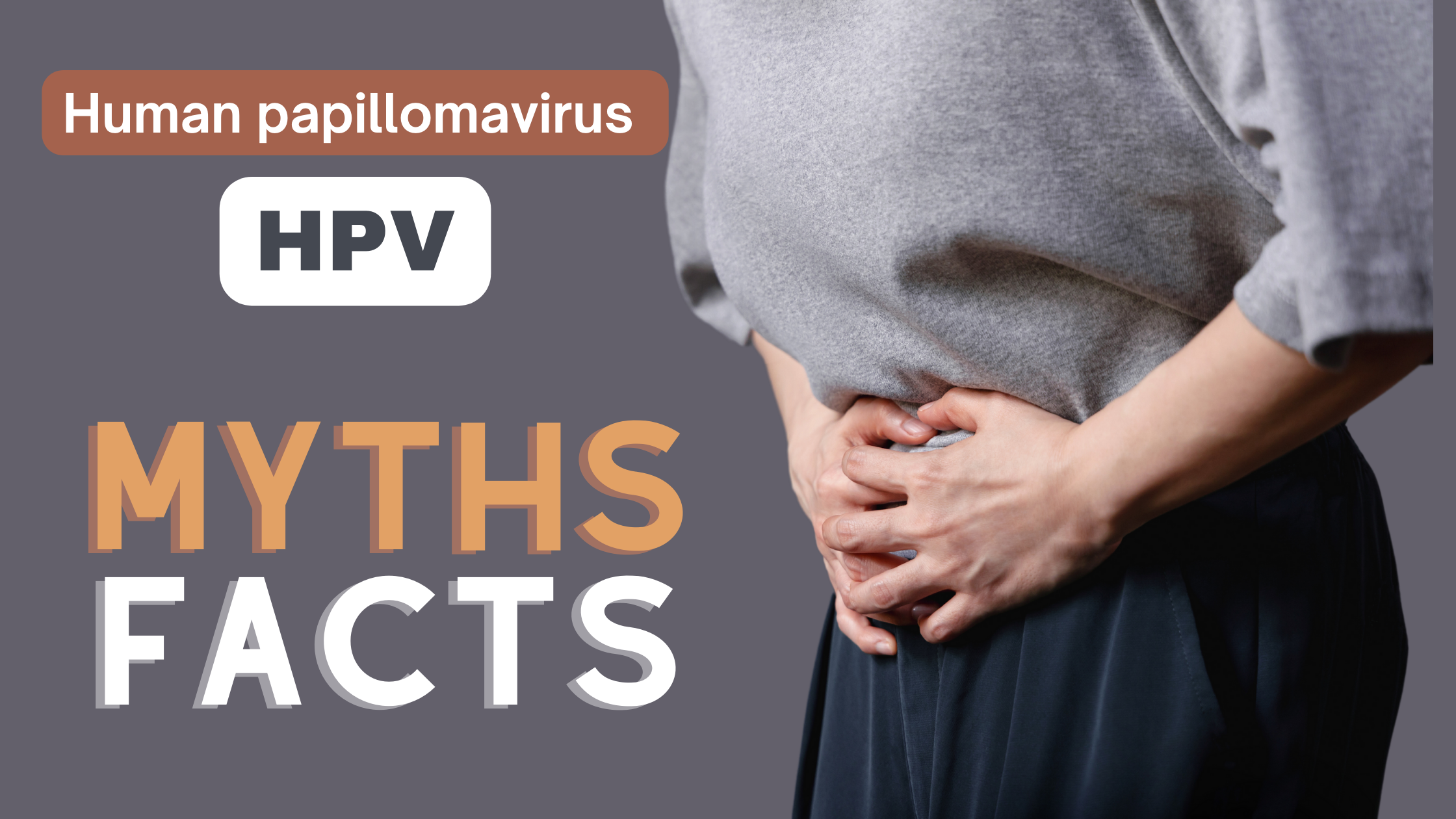There's a wide array of contraception methods available, making it vital to understand and choose the perfect fit for your needs. From hormonal options like birth control pills to barrier methods like condoms and long-acting reversible contraceptives such as IUDs, each method comes with its advantages and considerations. This informative guide aims to break down the various contraception options, highlighting their effectiveness, convenience, side effects, and how to determine which one may be the best choice for you. Empower yourself with the knowledge to make an informed decision about your sexual health and family planning needs.
Understanding Different Contraception Methods - Find Your Perfect Fit
Oral contraceptives (The Pill)
Before entering into the world of hormonal contraception, it's important to understand the different types available and how they work. Hormonal contraceptives are medications that prevent pregnancy by altering a woman's natural hormonal balance. They are highly effective when used correctly.
Oral contraceptives, commonly known as "The Pill," are a popular choice for many women. These pills contain synthetic hormones that prevent ovulation, thicken cervical mucus to block sperm, and thin the lining of the uterus. It's vital to take them at the same time every day to ensure effectiveness.
Long-acting reversible contraceptives (LARCs)
Long-acting reversible contraceptives, such as intrauterine devices (IUDs) and contraceptive implants, offer a highly effective, low-maintenance form of contraception. These methods last for several years, depending on the type, and require minimal effort once inserted or implanted.
This type of contraception is popular among women looking for a set-it-and-forget-it option. IUDs can be hormonal or non-hormonal, and contraceptive implants release hormones slowly into the body to prevent pregnancy. They are reversible, meaning fertility returns quickly after removal.
Barrier Methods
Even with the myriad of contraception methods available today, barrier methods remain a popular choice for individuals looking for effective and easy-to-use options. Barrier methods work by creating a physical barrier that prevents sperm from reaching the egg, thus preventing pregnancy. They are known for their convenience, affordability, and minimal side effects.
Condoms: Male and Female
The most well-known and widely used barrier method is the male condom. These flexible sheaths are placed over the erect penis before intercourse, creating a barrier that stops sperm from entering the vagina. Male condoms are also important in reducing the risk of sexually transmitted infections (STIs) by providing a protective barrier.
Female condoms, on the other hand, are inserted into the vagina before intercourse. They have flexible rings at each end to hold it in place. Female condoms offer protection similar to male condoms and can be used by individuals who may have allergies to latex, as they are typically made of nitrile.
Diaphragms and Cervical Caps
Male and female diaphragms and cervical caps are dome-shaped devices made of silicone that are inserted into the vagina before intercourse. They cover the cervix to prevent sperm from reaching the egg. These barrier methods are more discreet than condoms and can be inserted up to a few hours before intercourse, unlike condoms that are put on right before intercourse.
A diaphragm must be used with spermicide to increase its effectiveness in preventing pregnancy. It should be fitted by a healthcare provider to ensure the correct size and proper insertion. Cervical caps are smaller than diaphragms and fit snugly over the cervix, offering a barrier to sperm. Both devices need to be left in place for at least six hours after intercourse to ensure effectiveness.
Intrauterine Devices (IUDs)
Hormonal IUDs
To effectively understand hormonal intrauterine devices (IUDs), it's crucial to recognize that they release levonorgestrel, a form of progestin, into the uterus. This hormone thickens the cervical mucus, making it difficult for sperm to reach the egg, and thins the uterine lining, which can prevent egg implantation. Hormonal IUDs are highly effective, with a success rate of over 99% at preventing pregnancy. They are low maintenance and offer long-term contraception, typically lasting between 3 to 6 years depending on the brand.
One of the key benefits of hormonal IUDs is that they can also lead to lighter periods or even stop menstruation altogether for some individuals. This can be particularly helpful for those with heavy or painful periods. Additionally, hormonal IUDs are discreet and do not require daily attention, making them a convenient option for individuals looking for reliable contraception without the hassle.
Copper IUDs
IUDs that are copper-based work by releasing copper ions into the uterus, which creates an environment that is toxic to sperm, preventing fertilization. Copper IUDs do not contain hormones, making them a suitable option for individuals who prefer non-hormonal contraception. These devices are also highly effective, with a success rate of over 99% at preventing pregnancy, and can last for up to 10 years, depending on the brand.
Copper IUDs are a popular choice for individuals who cannot use hormonal methods due to health reasons or personal preferences. They offer long-term protection without the need to remember to take a pill each day. While some people may experience heavier periods or cramping with a copper IUD, many find that the benefits of highly effective and hormone-free contraception outweigh any potential side effects.
Intrauterine devices (IUDs) are small, T-shaped devices that are inserted into the uterus by a healthcare provider. They are a highly effective form of contraception and are reversible, meaning fertility returns quickly after removal. It's imperative to consult with a healthcare provider to determine if an IUD is the right choice for you based on your health history and individual needs.
Natural and Permanent Methods
Your understanding of contraception methods is crucial in making informed decisions about your reproductive health. Natural and permanent methods offer unique options for individuals seeking alternatives to traditional forms of birth control.
Natural Family Planning (Fertility Awareness)
With Natural Family Planning (NFP), individuals track their menstrual cycles and fertility signs to determine when they are most fertile and avoid unprotected intercourse during those times. This method requires commitment, education, and consistency to be effective. While NFP can be empowering for some, it may not be suitable for everyone due to its reliance on accurate tracking and timing.
Those considering NFP should consult with a healthcare provider or seek guidance from a trained NFP educator to learn how to accurately monitor and interpret their fertility signs. By understanding their menstrual cycle and ovulation patterns, individuals can make informed choices about when to engage in sexual activity to either achieve or avoid pregnancy.
Sterilization: Tubal Ligation and Vasectomy
A vasectomy is a permanent form of contraception for individuals with testicles, where the vas deferens (the tubes that carry sperm) are surgically cut or sealed to prevent sperm from being ejaculated. This procedure is highly effective and considered a permanent solution for those who are certain they do not want to father a child in the future.
Tubal ligation is a surgical procedure for individuals with ovaries, where the fallopian tubes are either cut, sealed, or blocked to prevent the eggs from reaching the uterus. This method is also highly effective and considered a permanent form of contraception for those who are certain they do not want to conceive in the future. Both vasectomy and tubal ligation should be considered irreversible and individuals should carefully weigh their decision before proceeding with either procedure.
Emergency Contraception
Unlike regular contraception methods, emergency contraception is used after unprotected sex or contraceptive failure to prevent pregnancy. It is important to know about different emergency contraception options available to make an informed decision in case of an emergency.
Morning-After Pill
An effective form of emergency contraception is the morning-after pill, which is available over-the-counter at pharmacies without a prescription. It typically contains levonorgestrel, a hormone that helps prevent pregnancy by either stopping or delaying ovulation. It is most effective when taken as soon as possible after unprotected intercourse, ideally within 72 hours, but can be taken up to 5 days after.
Copper IUD as Emergency Contraception
With the copper intrauterine device (IUD) also being an option for emergency contraception, it can be inserted up to 5 days after unprotected sex to prevent pregnancy. The copper IUD works by creating a hostile environment for sperm, preventing fertilization. It is one of the most effective forms of emergency contraception with a high success rate.
A healthcare provider must insert the copper IUD, and it can be left in place for ongoing contraception after being used for emergency contraception. This long-acting contraceptive method is beneficial for women looking for a reliable and reversible form of birth control.
Factors To Consider When Choosing Contraception
For individuals considering contraception, there are several factors to keep in mind to ensure that they select the most suitable method for their needs. It is crucial to evaluate various aspects such as health considerations, side effects, lifestyle, and personal preferences before making a decision. By carefully assessing these factors, individuals can find a contraception method that aligns with their unique circumstances and preferences.
Health considerations and side effects
Consider your health status and any underlying medical conditions when choosing a contraception method. Some methods may have contraindications for individuals with certain health issues. Additionally, it is imperative to be aware of the potential side effects associated with different contraceptive options. Discussing these factors with a healthcare provider can help you make an informed decision.
Any decision regarding contraception should prioritize your health and well-being. Be proactive in learning about the potential side effects and health implications of each method. It is important to choose a contraception method that is both safe and effective for you.
Lifestyle and personal preferences
Preferences such as convenience, ease of use, and long-term goals can play a significant role in selecting a contraception method. Lifestyle factors, such as travel requirements or relationship status, should also be considered. Some individuals may prefer a low-maintenance option, while others may prioritize non-hormonal methods.
Factors such as your daily routine, sexual activity frequency, and future family planning goals can influence your choice of contraception. By considering these lifestyle and personal preferences, you can narrow down the options to find a method that suits your needs and aligns with your values.
To wrap up
So, when it comes to choosing the right contraception method for you, it's important to consider your lifestyle, preferences, and health needs. Whether you opt for condoms, birth control pills, an IUD, or another option, make sure to consult with a healthcare provider to discuss your options and find the perfect fit for you. By understanding the different contraception methods available, you can make an informed decision that will help you stay healthy and in control of your reproductive health.





